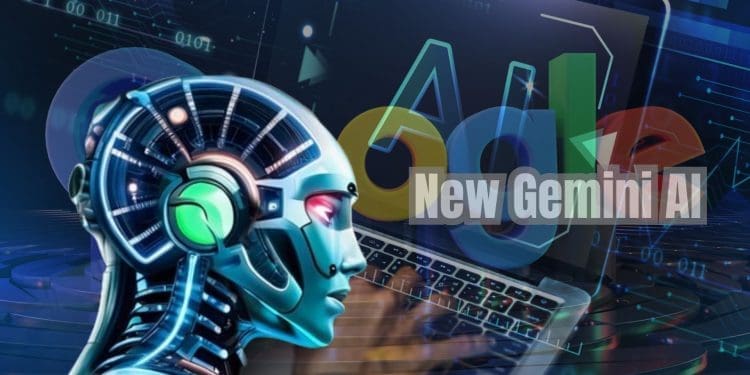- Google has unveiled Gemini, its new multimodal AI model designed to match or exceed GPT-4 across a variety of benchmarks and real-world use cases.
- Gemini comes in multiple versions optimized for different applications, from Gemini Nano on Android to Gemini Ultra for enterprises. It handles text, images, audio and video.
- Google is already using Gemini Pro to power its new Bard search feature, and plans to integrate Gemini across its products as a key part of its AI future.
Google has been developing artificial intelligence for over a decade, yet seemed unprepared for the explosion in popularity of ChatGPT. Now, Google is launching its own powerful AI system called Gemini, which it believes can match or even surpass capabilities of OpenAI’s GPT-4.
What is Gemini?
Gemini is Google’s latest large language model that CEO Sundar Pichai first announced earlier this year. It comes in multiple versions optimized for different uses. Gemini Nano runs natively on Android devices, while Gemini Pro powers Google services like Bard. The most advanced version, Gemini Ultra, is designed for enterprise applications.
Google designed Gemini from the start to handle multiple modes beyond just text, including images, audio and video. This sets it apart from GPT-4, which was trained only on text. Google sees multimodality as the future of AI.
How Gemini Compares to GPT-4
According to Google, Gemini matches or exceeds GPT-4 on 30 out of 32 AI benchmarks. It performs especially well on tests involving video, audio and images thanks to being designed as a multimodal model.
However, the real test will come from real-world use cases. Google believes Gemini will be particularly adept at coding, writing and other creative tasks. It should also keep improving as it accumulates more data about the world.
Rolling Out Across Google Products
Google is already using Gemini Pro to power Bard. It plans to integrate Gemini into Search, Ads, Chrome and more Google products in the future.
For now, Gemini is only available in English. But Google intends to expand it to other languages over time as part of its goal to make AI ubiquitous across its offerings.
Approaching AI Development Responsibly
Google says it has taken steps to ensure Gemini is developed safely and responsibly. This includes extensive internal and external testing. However, the company acknowledges that releasing powerful AI models carries risks. It plans to initially limit access to Gemini Ultra as it studies the system’s capabilities further.
Gemini Signals a New AI Era for Google
With the launch of Gemini, Google is mounting its response after being caught off guard by the explosion in generative AI last year. While the capabilities of the first-generation Gemini models remain to be seen, Google has high hopes. CEO Sundar Pichai believes Gemini represents a new era for Google and could ultimately have as big an impact as the web itself did in making Google a tech titan.














